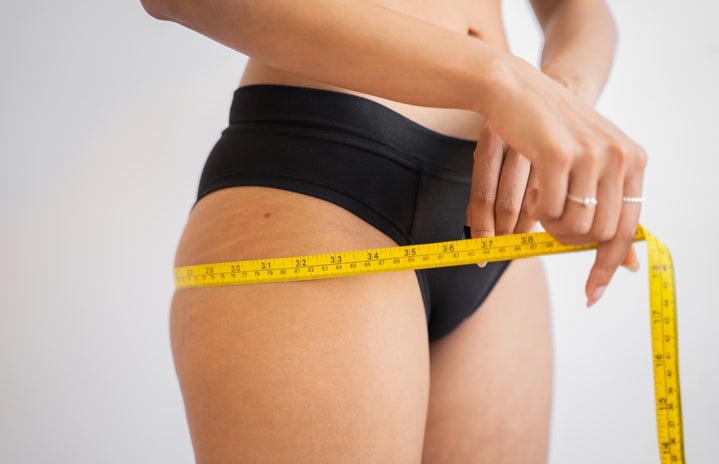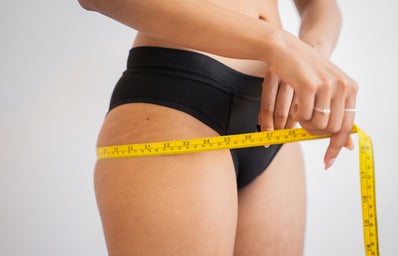One way or another, we have all come across the social movement that invites society to accept all body types regardless of what popular culture dictates. Body positivity has swooped its way into society, calling on a movement of self-acceptance, self-care and self-appreciation. It is undeniable how this movement has helped thousands of individuals assimilate into a more accepting world where there are no biased nuances toward one’s physical appearance or abilities, inviting online advertisements and TV shows to showcase inclusivity and body positivity. However, it is also undeniable that body positivity in popular culture has focused more on inviting the collective society to accept people for who they are and less on the self-inventive characteristic of body positivity.
Related Article: 7 Body Positive Influencers to Add to Your Feed ASAP
What makes it self-inventive, you ask? There is no definite kind of positive body image because our preferences in body image will always differ. What’s body-positive to someone may not be the same as yours, just like how I may want to be thin and thick while others may prefer to be thick and thick, no one can truly dictate what a positive body image is. In the same case, we cannot always rely on mass media to showcase the most inclusive array of people, but what we can rely on is ourselves and our own definition of a positive body image.
Body positivity welcomes subjectivity and the practice of creating one’s own notion of a positive body image. It entertains the idea that a positive body image takes its shape, morphing into whatever you make of it, in every body type, in every language and in every country. It encourages us to embrace what we see in the mirror and not what mass media promotes to be body positive, because not everyone in the world will get media representation immediately. This idea applies not only to plus-size individuals but also reaches out to underweight and struggling individuals whose notion of a positive body image has been restrained by popular culture.
Related Article: Diet Culture & COVID-19: Loving Your Body In A Crisis
Personally, when I think of body positivity, I am reminded of a harsh reality which is my unending struggle of coming to terms with my own body image. This love and hate relationship that I have produces a constant push and pull between my mind and my body, taking a toll on all my self-worth. After much thought, however, I realized that my excessive exposure to images and ideas of a “false” positive body image is what restricts me from obtaining a mindset capable of actually accepting what’s mine. Until I slowly began to let go of these false body positive images in my head, in my environment and on social media, that’s when I began to truly recognize my worth and walk toward a path of rehabilitation.
Because of this, I encourage people to stop looking ahead and start looking at what’s closest – your face, skin, hair, torso, limbs, feet, etc. Feed yourself the idea that no one can dictate what a positive body image is but yourself. Body positivity is more than a social movement of quotable quotes and easy to share positivity messages on Instagram. It is more than the embodiment of a Pinterest board – a collection of thoughts, ideas and experiences that we aspire to achieve. What it should be is the absence of “I want to look like her” statements and the indulgence of “I want to be a better version of myself” statements instead.



